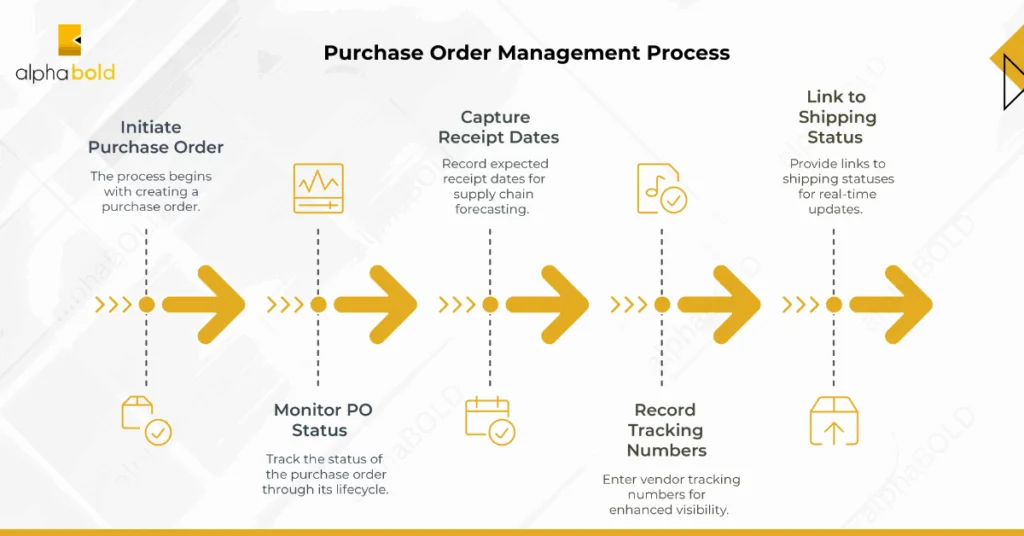Surviving and Thriving in the Tariff War with NetSuite

Home » Blog » Supply Chain and Inventory Management » Surviving and Thriving in the Tariff War with NetSuite


The word “tariff” has gained renewed attention recently as changes in U.S. import policies have introduced new challenges for global supply chains. These policy shifts — particularly affecting import-heavy industries—have impacted companies, consumers, and financial markets.
Many of AlphaBOLD’s clients are collaborating with us to ensure that their NetSuite tariff management capabilities and third-party systems can support them in navigating this evolving trade landscape. Tariff management with NetSuite offers a comprehensive suite of tools that help businesses track, manage, and reduce the financial impact of import tariffs.
NetSuite offers a comprehensive suite of tools that help businesses track, manage, and reduce the financial impact of import tariffs. These features strengthen NetSuite trade management strategies and allow for better visibility into the NetSuite cost of sale to preserve margins.
Below are some key features businesses are leveraging:

The product import process begins with a purchase order. NetSuite enables users to:

This feature, also known as Container Tracking, is available via NetSuite’s WMS or the Supply Chain Management SuiteApp. Specifically designed for tracking shipments, especially containerized imports, it enables businesses to:
This feature ensures that businesses maintain accurate landed cost data as part of a broader NetSuite tariff management strategy. It enables them to calculate and mitigate the impact of tariffs across the supply chain.
Businesses can use NetSuite’s Item Receipt transaction once imported goods arrive. In this process:
Work with AlphaBOLD to enhance your NetSuite tariff management capabilities, gain control over import costs, improve visibility, and drive smarter supply chain decisions.
Request a DemoAlphaBOLD has received numerous inquiries lately from businesses heavily reliant on imports about this essential feature. NetSuite enables users to track the purchase price of goods and all associated costs required to bring inventory to your location.
These costs may include shipping and freight fees, import taxes, insurance, handling charges, brokerage fees, and, most importantly, customs duties and tariffs. This feature is vital in improving financial accuracy and operational visibility for better NetSuite tariff management.
NetSuite allows users to define various cost categories (e.g., Freight, Tariff, Insurance) and allocate these costs to specific items on an item receipt based on criteria such as weight, quantity, value, or country of origin. This provides a true cost for imported inventory and enables tracking the impact of each category—including tariffs—on the final cost of the imported goods.
While the “control tower” concept isn’t new, recent advancements in NetSuite’s dashboards and analytics have improved visibility into end-to-end supply chains. More than ever, companies want to accurately track the location and status of their products and components. With a combination of native and external data, NetSuite may provide dashboards and reporting tools that offer visibility into the supply chain, which can be used for:
AlphaBOLD brings deep knowledge and experience in AI, IoT, and systems integration to assist businesses in assessing their control tower requirements and implementing the necessary system processes.
While some features may require integrations or specific configurations, NetSuite can support key aspects of cross-border trade compliance necessary for imports:
Recent NetSuite enhancements, especially in versions like 2024.2 and the upcoming 2025.1, continue to expand capabilities in supply planning, inventory control, and warehouse operations. Businesses should work with certified NetSuite partners to stay aligned with these upgrades.
Partner with AlphaBOLD to streamline your business operations with end-to-end NetSuite tariff management solutions.
Request a DemoBy leveraging these features, companies can gain better control and visibility over their import operations, accurately track associated costs, including NetSuite tariff management, control supply chain timeliness, and ensure smooth receiving and inventory processes within NetSuite.
Many of AlphaBOLD’s clients optimize their NetSuite configurations to take advantage of these capabilities. Such investments will help them overcome current challenges and even gain a competitive advantage. If you’d like to join them, contact AlphaBOLD!


